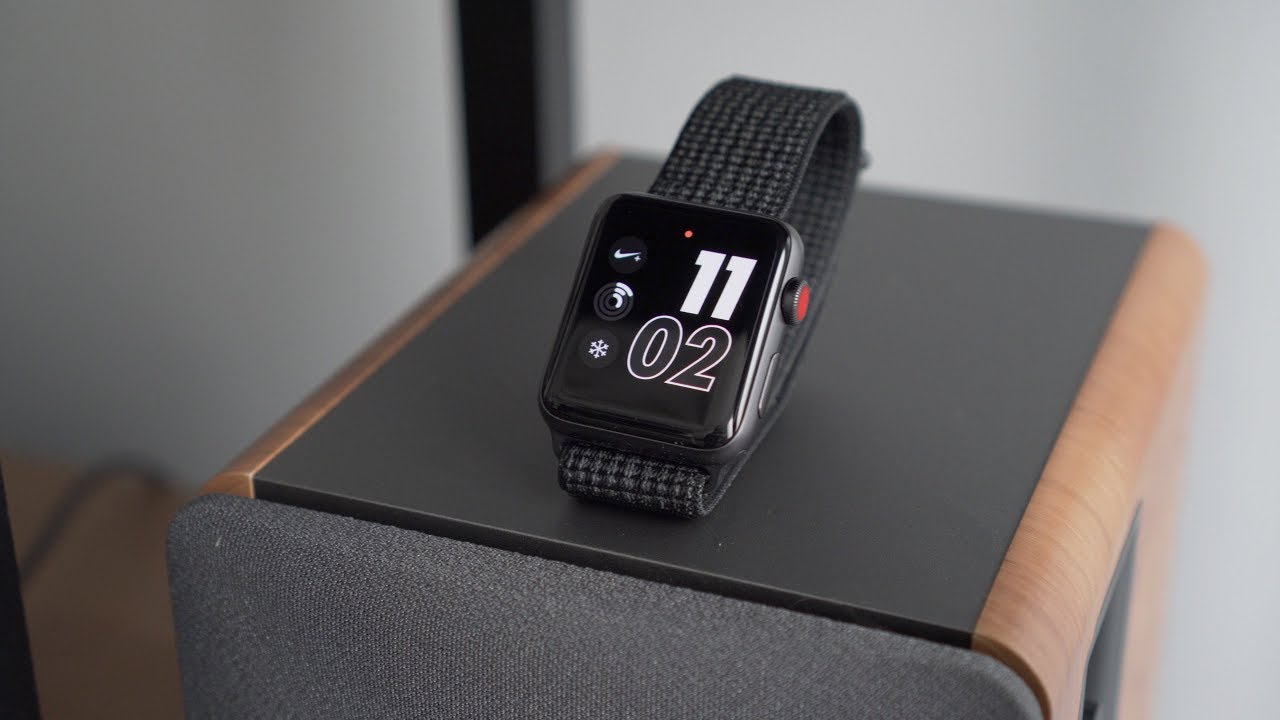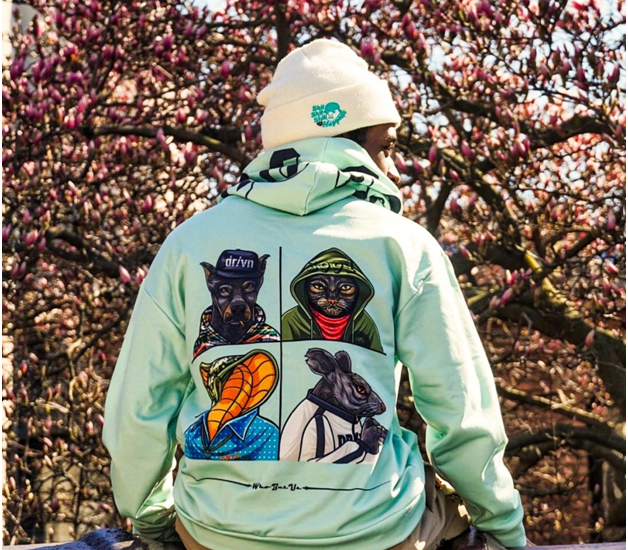Time is running
Millennials are driving the luxury goods market, online business with high-quality watches is growing. While retailers and manufacturers are looking for a digital connection, Pure players such as Horando and Montredo are growing magnificently in the niche.
Stefan Sebök and Christopher Fischer founded their start-up Horando in Bamberg shortly after graduating in Business Administration in 2013. The starting capital for the development of their Luxury Watch platform is provided by the eBay Shop, which sebök opened during his studies with four watches in the online display. “Back then, we traveled to many brand partners to make contacts,” recalls Sebök. The founders lack the money for orders, but they are allowed to explain their business model to some jewelers.
At this time, there are hardly any trustworthy and therefore serious online offers for luxury watches in this country. Many traders sit on high inventories that bind capital. For shops in holiday resorts, the season is short. The right of manufacturers to distribute concessionaires, coveted and limited brand models is also traditionally associated with the Order of possibly less popular watches of manufacturers in the industry. After all, the list price of rare Rolex Submariner 116610 replica models is often only half of the achievable market price.
Price beats shopping experience
At Horando, concessionaires and manufacturers can connect to the online platform, and the Start-up takes over customer contact. Horando offers luxury watches “15 to 40 percent cheaper than specialist retailers,” says Sebök. They offer particularly appeals to younger target groups, who do not place an increased value on a luxurious shopping experience.
In the first full financial year, the youth friends already crack the sales million, in 2018 Horando generates over five million euros and Sebök is sure that 2019 will be “even better”. According to the 33-year-old, the company is now working with 450 international dealers and wholesalers. Also, Horando is a contractual partner of some luxury manufacturers and thus a concessionaire himself. “Our focus is on new products. We offer 4,500 watches in our Shop, the average shopping cart value is around 6,000 euros,“ reports Sebök. The rapid availability of rare watches is crucial for business success in competition.
Investment in algorithms

Horando generates a good part of its sales through Chrono24, the world’s largest online platform for luxury watches. Last summer, Chrono24, which until now only acted as an intermediary for more than 3,000 watch retailers, took over the German used watch retailer Zeitauktion – thus acquiring jewelry expertise for authentication and authorized services in the growing Certified Pre-Owned Segment. This is a business area from which Sebök and Fischer also want to take a piece in the future.
The busy business partners, who have managed the rise of their extremely lean company on their own, must make themselves independent of Chrono24 and invest. Last July, Horando raised millions of euros from institutional investors in its first round of financing and is seeking to join forces with the University of Hildesheim in this process.
With the researchers and developers located there, it should be possible to optimize the algorithms. The aim is to attract more end customers and more producers for direct cooperation. “Manufacturers are rethinking, opening up to online retail,” says Sebök. But the big brands still need their network of selected jewelers. For this reason, a chain store such as Wempe can still put the manufacturer Nomos in its place and forbid it from entering into cooperation agreements with platforms such as Chronext and Chrono24.
The only question is how long. Retailers are looking with concern at examples such as that of Zurich jeweler Zett Meyer, who only acts as the operator of brand boutiques. The manufacturers pay their rent for a place in the shop window and do the watch business themselves. According to a recent study by Morgan Stanley, Swiss manufacturers will generate more than a quarter of their sales in their online shops in ten years. The share of own-brand boutiques increases from currently eight to then 18 percent.
Inspire youth for mechanical watches
According to the survey of The IFH Cologne, the sales volume for luxury watches in Germany amounts to 900 million euros. Trade researchers expect a moderate increase in 2019. Small business specialist retailers (49 percent) and chain stores (18 percent) still hold about two-thirds of the market shares. “More and more manufacturers are coming to us and want to work with us,” says Philipp Budiman, founder and CEO of Montredo. Founded in 2012, the 36-year-old realized around 15 million euros in 2018 with his Berlin online shop for new luxury watches. The result for 2019 is expected to be” significantly better ” and profitable for the 26-member team.
In the new year, the entrepreneur is considering a financing round to expand the content offer. About young platforms such as Montredo the brands hope to inspire Millennials for mechanical watches. “I think it is realistic that the online share of the luxury watch business will already be 20 percent in 2025,” says Budiman. Montredo receives new goods from 200 traditional concessionaires. “At the start, the dealer acquisition was difficult,” recalls the founder. Many jewelers did not believe in the luxury business on the Internet. Seven years later, the industry already looks different.




